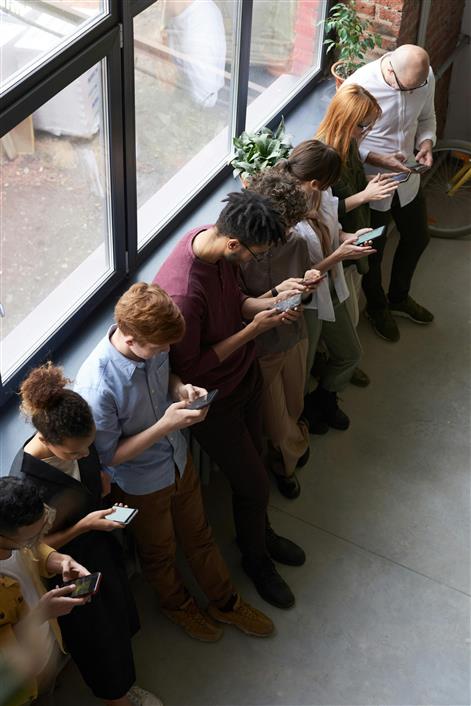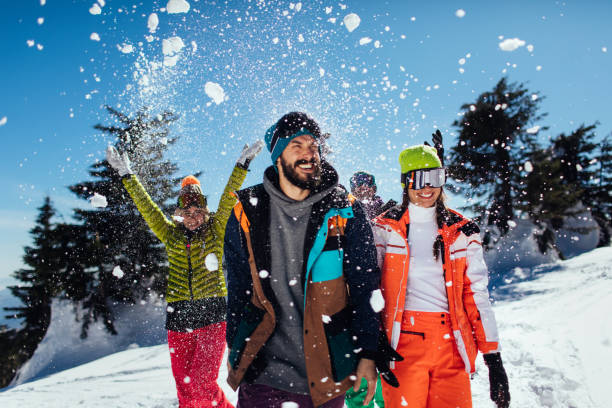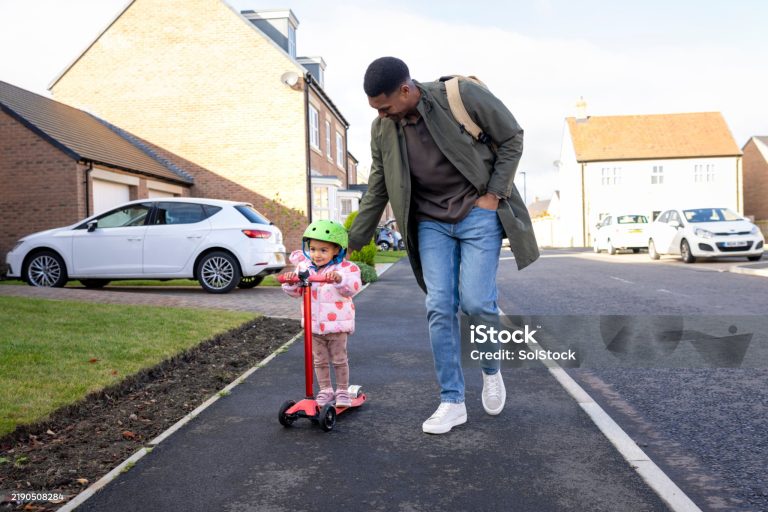
We’ve all been there. You’re scrolling through your feed on a quiet evening, maybe after a long workday or during a slow weekend. A post catches your eye—someone you know (or barely know) is on a boat in Capri, or just bought their dream home, or seems to have effortlessly put together the perfect brunch, outfit, workout routine, or relationship.
You pause, even just for a second, and wonder: Am I doing enough? Should I be happier, more accomplished, more put-together by now?
That flicker of self-doubt is more than a fleeting thought. It’s part of a much bigger phenomenon—lifestyle comparison on social media—and its effects run deeper than many of us realize.
Let’s take a closer look at what’s really happening when we compare ourselves online, and how we can protect our mental well-being in a digital world that never stops performing.
The Social Mirror We Didn’t Ask For
Humans have always compared themselves to others. It’s how we understand where we stand in a group, whether we’re doing “okay,” and what’s socially expected or admired.
But before the internet, these comparisons were limited to people in our immediate circles—family, friends, neighbors, coworkers. Now, with a swipe or scroll, we’re exposed to the curated highlights of thousands of lives—some real, some manufactured, all presented with filtered polish.
Social media turned comparison into a 24/7 experience. It’s like walking into a room full of people constantly showing you their best angles, their happiest moments, their edited reality—while you’re stuck looking at your own behind-the-scenes.
That’s not just disorienting. It’s psychologically exhausting.

How Comparison Affects the Mind
1. It Warps Our Sense of Normal
When you repeatedly see people dining out, traveling, getting promotions, or celebrating life milestones, it can start to feel like everyone is moving forward faster than you. You begin to mistake the exceptional for the standard.
This cognitive distortion—called “availability bias”—leads you to believe that what you see most frequently is what’s most typical. So even if only 5% of people are living the way your feed suggests, your brain registers that as reality.
You begin measuring your life not against your own values, but against what’s trending.
2. It Triggers Feelings of Inadequacy
Even if you know logically that Instagram isn’t real life, emotionally it still stings. Seeing others succeed, appear joyful, or live glamorously when you’re feeling stuck or ordinary can create an internal sense of failure.
Over time, these feelings can turn into chronic low self-esteem, envy, anxiety, or even depression—especially if you’re already in a vulnerable state.
3. It Fuels the Pressure to Perform
Comparison is a two-way street. Not only are we consuming others’ content—we also start to feel pressure to produce our own.
This can turn everyday life into a performance. Vacations become photo-ops. Meals are plated for the camera. Moments are experienced through the lens of “how will this look online?”
This disconnection from the moment can diminish actual joy. We begin living for appearance rather than experience.
The Hidden Cost of “Curated Living”
Social media is built on curation. But what often gets edited out is the very stuff that makes life real—uncertainty, setbacks, messiness, boredom.
You almost never see:
- The arguments before the happy couple’s anniversary post.
- The credit card debt behind the luxury purchase.
- The loneliness after the move to a new city.
- The months of therapy or healing that went into the “comeback” story.
Because of this, comparison isn’t just unfair. It’s based on incomplete data.
We’re judging ourselves by someone’s chapter 20 while we’re on chapter 4—or by their highlight reel when we’re stuck in a behind-the-scenes moment.
Who’s Most at Risk?
Everyone compares. But some groups are more affected:
- Young adults and teens, who are still forming identity and self-worth.
- People going through transitions (new jobs, breakups, moving).
- Those already struggling with self-esteem or anxiety.
- People spending large amounts of passive time online, especially without boundaries or breaks.
If you find yourself frequently feeling worse after being online, you’re not weak or shallow. You’re human. And your nervous system wasn’t designed for this kind of constant exposure.

Steps Toward Healthier Social Media Use
You don’t have to delete all your apps and live off-grid. But being intentional can protect your mental space. Here are a few ways to shift your relationship with social media:
1. Curate What You Consume
Follow accounts that reflect values, not just vibes. Ask: does this make me feel inspired or inadequate? Do I relate to this, or does it make me feel behind?
Unfollow or mute generously. It’s not personal. It’s protective.
2. Limit Passive Scrolling
Set specific times of day to check in. Avoid reaching for your phone when you’re tired, anxious, or bored—that’s when you’re most vulnerable to unhealthy comparison.
3. Create More Than You Consume
If you enjoy sharing, focus on honesty over perfection. Post what feels true, not just what looks good. This helps others feel less alone and keeps your online presence connected to your real life.
4. Reconnect With Reality
Spend more time in physical spaces, doing things that engage your senses. Talk to real people. Walk in nature. Touch grass, literally. Your brain needs reminders that life happens offline.
5. Name the Feeling
If you find yourself spiraling after seeing someone’s post, pause and name the feeling: “I’m feeling envy.” “I’m feeling not good enough.” That simple naming can create distance between you and the emotion, helping you move through it without shame.
The Bottom Line: You Are More Than a Feed
Social media can be a tool for connection, creativity, and inspiration. But it can also erode your self-worth if you’re not careful.
Remember, no one posts the whole story. Life is more than content. Worth is not measured in followers, aesthetics, or productivity.
You don’t have to keep up. You just have to stay connected to your values, your pace, and your life.
Because the best lifestyle is not the one that photographs well — it’s the one that feels real and good when no one is watching.



